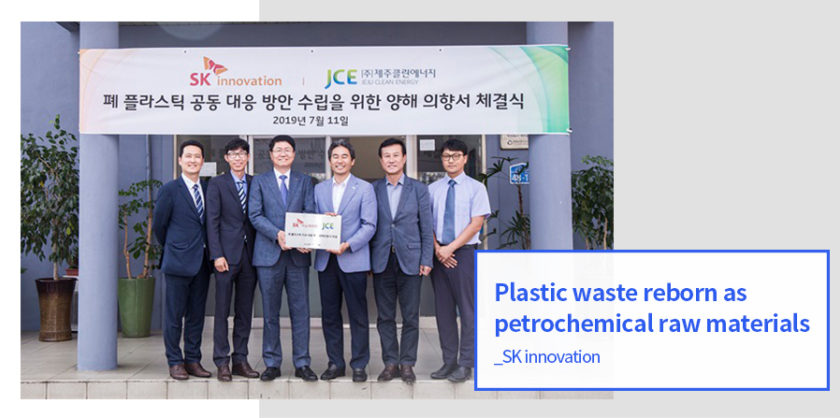News
Unique SK Way of Dealing with Plastics
More News
For the Press
U.S. Media Contacts
Joe Guy Collier
347-899-1587 Tel
joeguycollier@sk.com
Press Kit
General information and other materials are available for members of the media. Download our media fact sheet.
